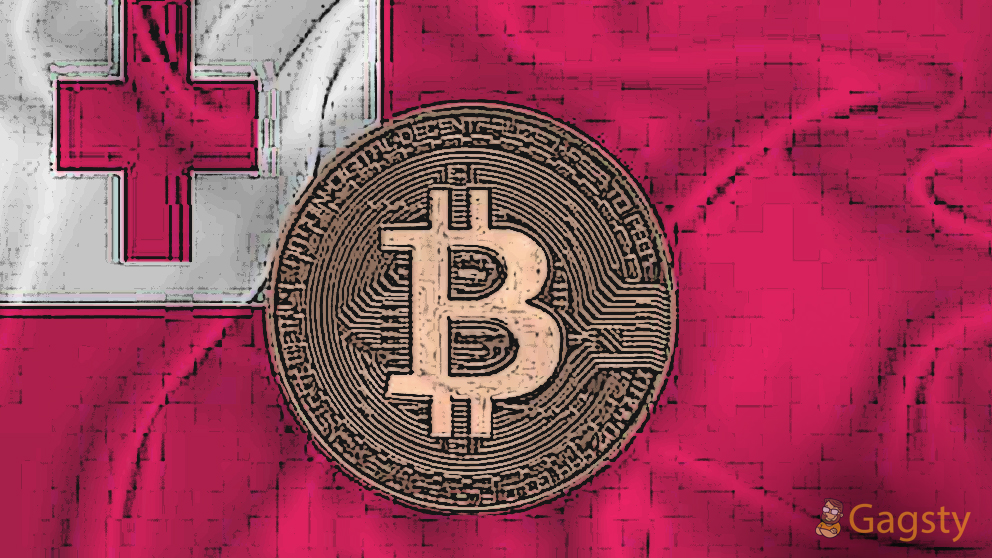
Bitcoin Mining:
Bitcoin (BTC) Mining is the process of creating new bitcoins by solving a computational puzzle. Bitcoin Mining is necessary to maintain the ledger of transactions upon which bitcoin is based. Miners have become very sophisticated over the past several years, using complex machinery to speed up mining operations.
Bitcoin As Legal Tender
If you are wondering whether bitcoin mining is legal, then it can be proclaimed as ‘yes’ in most cases. You may want to look into local regulations where you live, but in most countries, Bitcoin Mining is legal.
Functions of Bitcoin Mining
Bitcoin Mining is the process by which new bitcoins are entered into circulation. It is also the way by which the network confirms new transactions and is a critical component of the blockchain ledger’s maintenance and development. “Mining” is performed using sophisticated hardware that solves an extremely complex computational Math problem. The first computer to find the solution to the problem receives the next block of bitcoins and the process reverts again.
Tonga’s Timeline for Bitcoin
During a Twitter spaces conversation, Fusitu’a shed light on steps two and three, providing a timeline for when these changes could come into place.
Bitcoin Mining News
The tiny Pacific nation of Tonga could have Bitcoin as legal tender by Q2 and Bitcoin mining by Q3 of 2023. Lord Fusitu’a, a former member of the Tongan parliament, has shared a timeline for the country’s plan to adopt Bitcoin (BTC). A Tongan nobleman, Fusitu’a had previously disclosed the four-step plan, a copy of the Salvadoran Bitcoin playbook. There are several steps to following the procedure of Bitcoin Mining:
Step one: Remittance
When migrants send home part of their earnings in the form of either cash or goods to support their families, these transfers are known as workers’ or migrant remittances. They can represent the largest source of foreign income for many developing economies.
Step Two: Legal tender
Bitcoin will be adopted as legal tender in three more countries in 2022, In last September, EI Salvador made bitcoin legal tender alongside the U.S. dollar and remains the only country in the world that has made the cryptocurrency alongside the U.S. dollar.
Step Three: Bitcoin mining
The rewards for bitcoin mining are reduced by half roughly every four years. In February 2022, one bitcoin mining machine (ASIC), like the Whatsminer M2OS, generates around $12 in bitcoin revenue every day depending on the price of bitcoin.
Step Four: Moving National Treasuries into Bitcoin
Digital or virtual currencies are a medium of exchange but are not regular money. Unlike dollar bills and coins, cryptocurrencies are not issued or backed by the U.S. government or any other government or Central Bank.
Justification of the Bitcoin Mining Statement of Lord Fusitu’a
Lord Fusitu’a told Cointelegraph: “Let’s say the legal tender bill is passed in beginning to mid-October. After this, the bill goes to the palace office for three to four weeks. HM, His Majesty will either give or not give royal ascent by mid-November.” The bill is then passed back to the government to undergo the “gazette” process. The gazette serves to notify the public of changes.
Now, given that prayer week takes place in Tonga in the first week of January, Lord Fusitu’a is confident that by the second week of January 2023, the gazette will have been announced. For the legal tender bill coming into force: “Conservatively, the earliest date realistically is the beginning to the middle of February as the activation date. It could be much, much earlier if the last three steps are rushed through — which I have seen before.”
Bitcoin Coincidence: Lord Fustiu’a Defines
Lord Fusitu’a concluded that “all things being equal, let’s say mid-February.” In terms of the country’s Bitcoin mining operations, the potential is staggering. Tonga has 21 volcanoes (a Bitcoin coincidence) that produce more than 2,000 megawatts (MW) of power annually. The national grid consumes 40 MW per year, meaning Tonga has “a potential 1960 MW with nothing to do.”
However, to mine effectively, the government might need to be on board, while internet infrastructure must be robust. Fortunately, broadband infrastructure will not pose a barrier to expanding internet and mining operations due to a deal made over eight years ago with the international financial institution The World Bank.
Lord Fusitu’a’s mother negotiated The World Bank telecommunications deal that has effectively “futureproofed” their bandwidth infrastructure. Lord Fusitu’a’s legal background came in handy during negotiations, as he was able to oversee the deal thanks to his deep understanding of the country’s fiber cable infrastructure.
Tourism in El Salvador up 30% since Bitcoin adoption: Minister defines
In a nutshell, Tonga has “enough bandwidth to expand for the next 100 years.” Plus, as almost every house in Tonga has to access fiber connectivity as the cable is laid “to the door,” home mining is an accessible reality. As such, the 2020s could see Tongan households mining at home using cheap surplus volcanic energy.
For the country to reach a level of Bitcoin mining on a national scale, the government must be on its side. Lord Fusitu’a told Cointelegraph that Bitcoin mining could take place “as early as Q3 2023” and that the government is likely to be onboard.
Current State of the Joint Mining Operations
“The mining operations could be privately operated or in a joint venture with the government. There might be a need for a new state-owned enterprise for it to take off,” he said. Currently, Bitcoin mining companies that are keen to see the Tongan Bitcoin story play out have gifted Lord Fusitu’a mining rigs in 40-foot shipping containers to test out capacity. The companies remain secret. Nonetheless, the publicly laid plans to drive Bitcoin adoption in Tonga are certainly gaining traction.
Leave a Reply